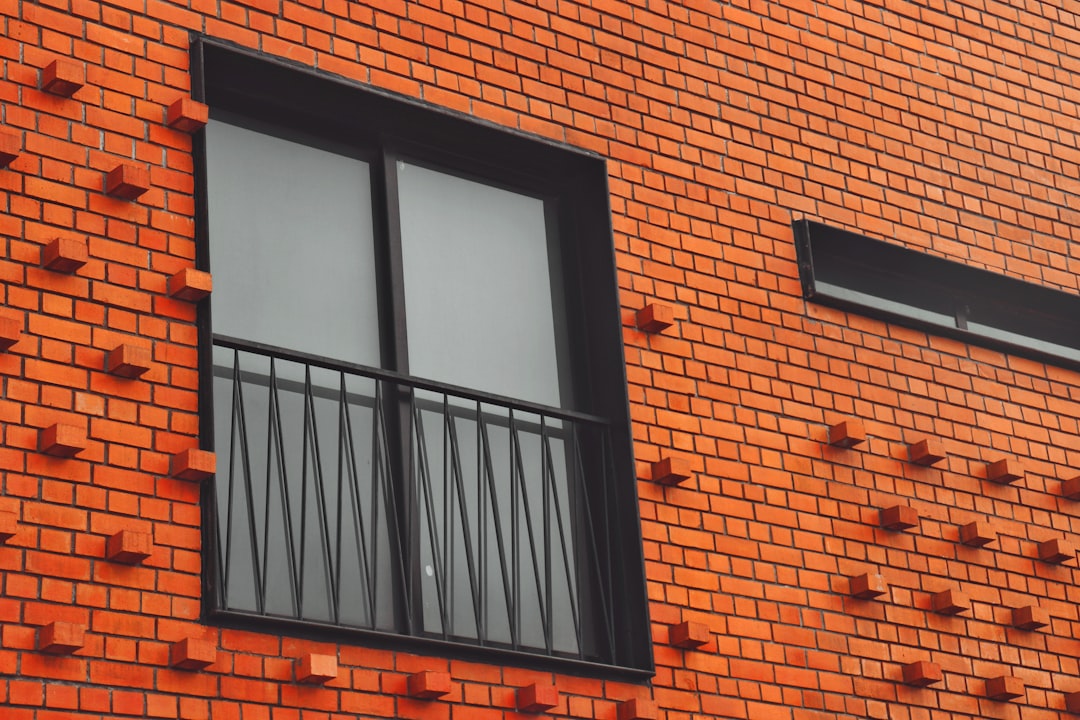
Minneapolis experiences extreme weather conditions, with temperatures ranging from -20°F in winter to over 90°F in summer. This necessitates windows that offer both aesthetic appeal and robust performance. CountBricks provides window installation services that Minneapolis professionals can rely on for efficiency and durability. Current installation costs range from $600–$1,500 per opening, depending on specifications and materials.
• Our Voice-to-Estimate technology captures project requirements in real-time.
• Live pricing integrates current material and labor rates from our Midwest database.
• Automated blueprint takeoffs ensure precise unit counts and specifications.
• Instant quote documents are ready for client or HOA approvals.
Located in Climate Zone 6, Minneapolis requires windows that act as effective thermal barriers. Poor installations can lead to significant heat loss, increased utility bills, and potential structural damage. CountBricks employs a climate-tested checklist to ensure optimal sealing and R-value preservation.
1. Site Assessment – We measure openings and assess structural conditions.
2. Energy Modeling – Our software recommends the best glass package for each facade.
3. Scheduling & Permitting – We handle permits and coordinate deliveries.
4. Removal & Prep – Old units are recycled, and new sills are precisely shimmed.
5. Install & Seal – We use ASTM E2112 standards for sealing, verified by blower-door tests.
6. Final Walkthrough – Receive a digital punch list and lifetime workmanship record.
Frame Materials
• Fiberglass withstands freeze-thaw cycles.
• Vinyl offers cost-effective performance with insulation backers.
• Engineered wood with aluminum cladding suits historic aesthetics.
Glazing Options
• Triple-pane IGUs enhance R-value, ideal for north-facing areas.
• Low-E coatings reduce radiant heat, lowering AC loads.
• Argon or krypton fills increase efficiency with minimal cost.
• Historic district compliance may require custom designs and inspections.
• Winter installations need heated enclosures, raising labor costs by 8-12%.
• State energy rebates can offset costs for high-performance glass.
• Comprehensive coordination: materials, dumpsters, and inspections managed by our AI assistant.
• Real-time change orders: adjust counts and pricing on-site.
• Transparent pricing: view labor, mark-ups, and taxes before finalizing quotes.
A 1920s bungalow required twelve double-hung replacements while preserving original trim. CountBricks scanned blueprints, generated a parts list, and produced a proposal within hours. Installation improved energy efficiency by 22% in the first winter.
• Inspect caulk lines annually to prevent gaps.
• Keep weep holes clear to avoid sill rot.
• Use pH-neutral cleaners on Low-E glass to maintain coatings.
Visit CountBricks.com to schedule an estimate or explore our portfolio of successful projects.

• Schedule installations between March and May to avoid winter costs and summer peaks.
• Combine window upgrades with attic air-sealing for enhanced energy performance.
• Use nail-fin windows for new additions; retrofit frames for existing stucco exteriors.
• Opt for full-frame replacements if sill rot exceeds 15%.
1. Smart Tracking – Each unit is tagged with a QR code linking to detailed data.
2. Installer Certification – Crews complete a 40-hour installation course.
3. Performance Audits – Infrared scans post-installation to ensure no leaks.
• Minnesota Energy Code requires ≤0.30 U-factor; we recommend ≤0.25 for savings.
• CenterPoint Energy rebates offer up to $150 per window.
• Historic approvals add 7-10 days; we handle submissions to keep projects on track.
Book a discovery call at CountBricks.com to explore our innovative estimating and installation solutions.